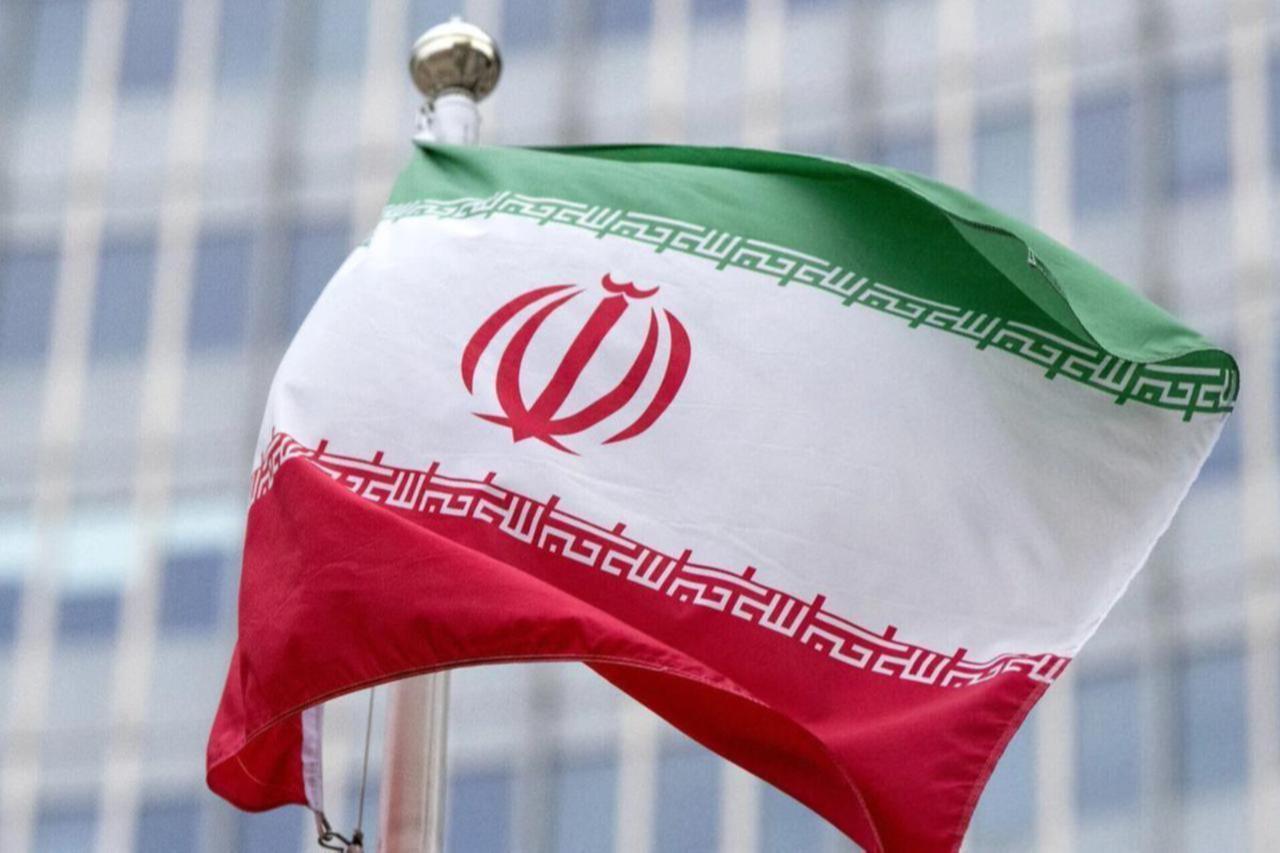
Iran's top security official said Monday that U.S. demands to limit the country's missile range to under 500 kilometers have undermined nuclear negotiations, highlighting a key obstacle in efforts to revive diplomatic talks.
Ali Larijani, Secretary of Iran's Supreme National Security Council, criticized what he described as unreasonable American conditions during a visit to Iran's Chamber of Commerce and Industry, according to the official IRNA news agency.
"The U.S. imposed a condition in negotiations to reduce our missile range to below 500 kilometers. Can any Iranian accept this? The problem is that they make unacceptable demands," Larijani said.

His comments shed light on why negotiations between Iran and Western powers have failed to make meaningful progress, even as both sides have indicated willingness to engage diplomatically.
Larijani emphasized that Iran was not avoiding negotiations but criticized efforts by three European countries — Britain, Germany and France — to trigger a "snapback" mechanism that would restore United Nations sanctions against Tehran.
Iran has developed its missile program over approximately three decades, building an arsenal of ballistic missiles with ranges varying from 300 to 3,000 kilometers. This capability allows Tehran to potentially strike targets across much of Europe, Asia, Africa and the Middle East.
The Islamic Republic's ballistic missiles, capable of carrying chemical, nuclear and biological warheads, are viewed as a significant threat by several countries, particularly Israel, which lies within range of Iran's shorter-range systems.
Iran's missile program has become increasingly sophisticated despite international sanctions, with the country demonstrating its capabilities through military exercises and regional conflicts where Iranian-backed groups have used similar weapons systems.
The missile issue represents one of several contentious points in any potential nuclear agreement, alongside uranium enrichment levels, sanctions relief and regional security concerns. Previous nuclear negotiations have largely focused on Iran's nuclear program while leaving missile capabilities as a separate matter.